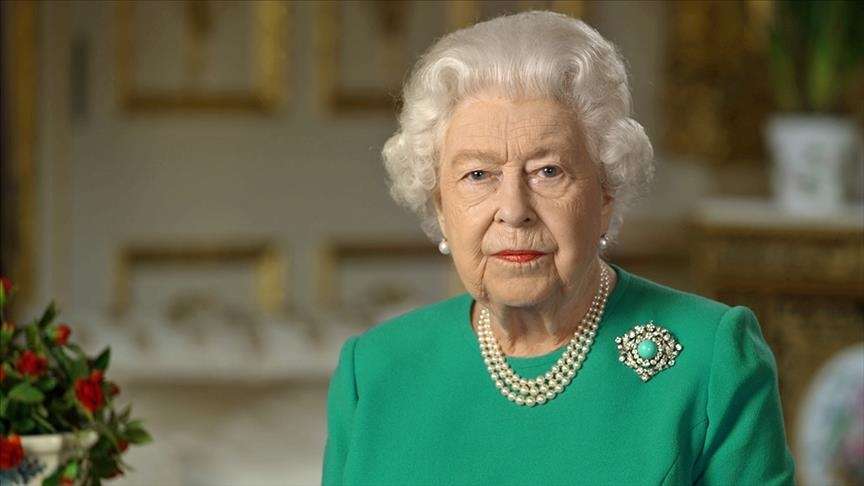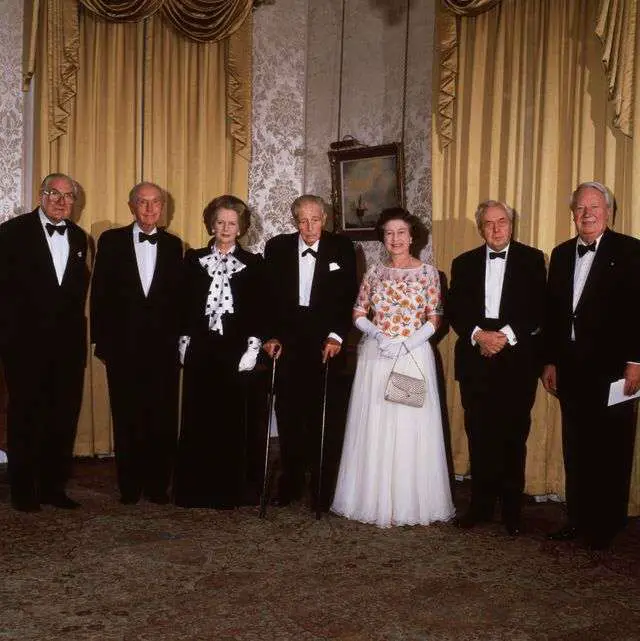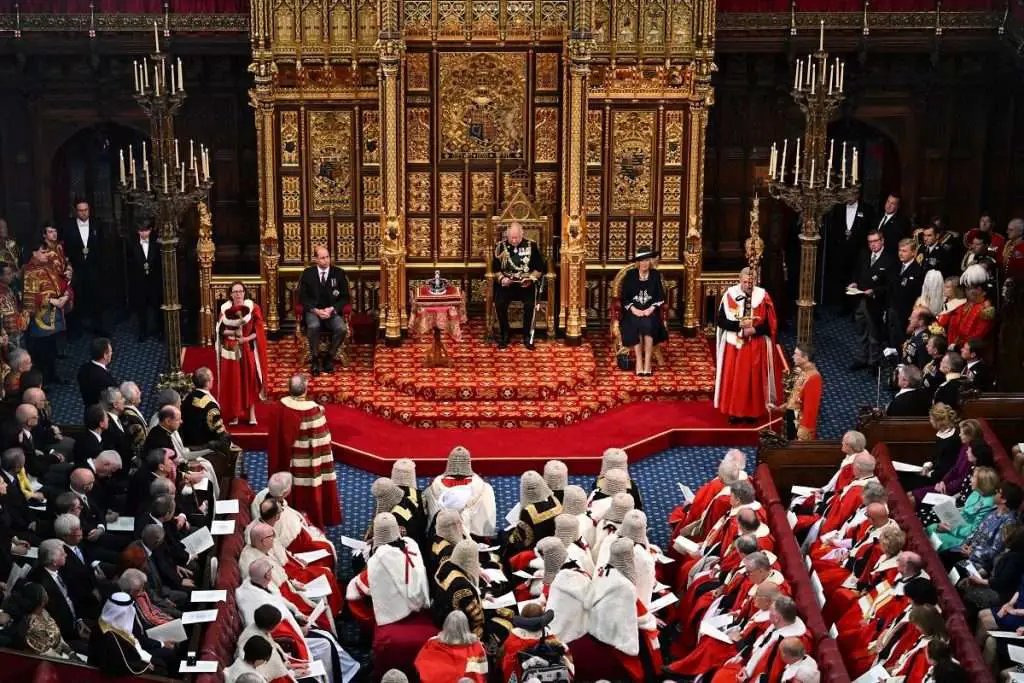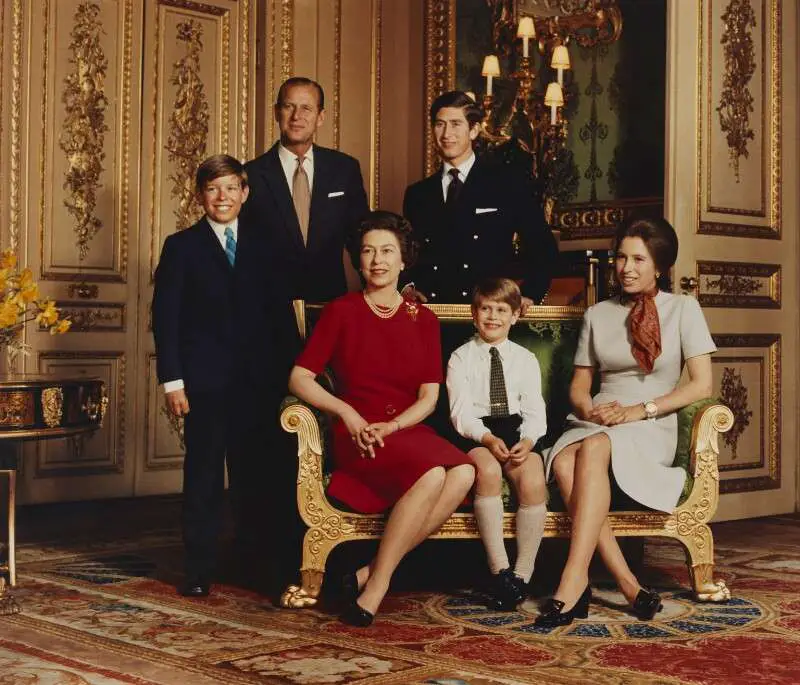Table of Contents
Queen Elizabeth II, who is 96 years old, has reigned for the longest period of time in British history. In fact, her Platinum Jubilee, which runs from June 2 to 5, will mark her 70th year on the throne. Parades, parties, and a lot of pageantry are planned for this four-day bank holiday.
Is the British monarch’s role purely ceremonial at this point, or does she or he wield real political power? That turns out to be a difficult question to answer. Despite being a constitutional monarchy, the United Kingdom does not have a single codified constitution like the United States. Instead, the balance of power between the Crown (the monarchy) and Parliament (elected officials) is kept in check by a set of rules called “constitutional conventions.” Some of these rules are written down, while others are based on custom and tradition.
The queen is the ultimate source of power in the British government, according to some of the oldest traditions; the British legislature is formally known as “The Queen in Parliament.” However, as we’ll see, the queen has no real political power to act independently of Parliament or the prime minister in modern practice.
Reserved Powers of the Queen

The queen retains some political powers, known as her “personal prerogatives” or “queen’s reserve powers,” which, in theory, makes her sound like a superhero. The reserve powers include the ability to appoint the prime minister, open and close parliamentary sessions, and approve legislation.
However, constitutional conventions, according to Philip Murphy, have severely limited those powers. Murphy is the director of University College London’s Institute of Commonwealth Studies and the author of “The Empire’s New Clothes: The Myth of the Commonwealth.” In the year 2020, we spoke with him.
“The Queen has powers,” Murphy explained, “but the question is how much discretion she has within those powers.”
According to Robert Hazell, co-author of a report on the changing role of the monarchy, the queen has been effectively stripped of all personal discretion when it comes to the use of her reserve powers. When it comes to who is appointed Prime Minister or which bills become law, she has no real say. Those decisions are made by voters and elected officials, and her only real role is to give a royal seal of approval.
However, the queen’s lack of true political power does not imply that she is powerless. According to 19th-century British constitutional scholar Walter Bagehot, the monarch has three essential rights: to be consulted, to encourage, and to warn.
“What you’re talking about there is influence rather than power,” Murphy explained. And no one can deny that Queen Elizabeth is powerful.
Choosing a Prime Minister

Appointing a new prime minister is one of the queen’s most important reserve powers. From Winston Churchill in 1951 to Boris Johnson in 2019, Queen Elizabeth has appointed 14 prime ministers. Although the ceremony is referred to as “kissing hands,” there is no actual kissing involved.
The queen traditionally invites the leader of the party with the most seats in Parliament to Buckingham Palace the day after a general election. The Queen inquires of the leader as to whether he or she intends to form a government. At this point, the queen’s question is purely ceremonial, but Murphy believes it emphasizes one of the monarch’s primary responsibilities: ensuring the continuity of the British government.
Building your own business from the ground up is a wonderful opportunity, but it can also be tough.
The official royal register will state that “the Prime Minister Kissed Hands on Appointment” once the prime minister is chosen, but this isn’t entirely accurate. A royal spokesperson told The New York Times in 2007 that the hand-kissing used to happen later in a private council meeting, but that has also stopped.
What if the election results in a hung Parliament, with no single party holding a majority of seats? The queen is still not allowed to choose the winner. Not that Elizabeth, who works hard to maintain her political neutrality, would ever want to do so.
“The queen very pointedly left London for the weekend” in 2015, when pundits predicted a hung Parliament, according to Murphy. “‘Look guys, I don’t want to be involved in this,'” she was clearly saying. After you’ve made your decision, come to me. ‘”
The last time a monarch replaced a prime minister was in 1834, when King William IV fired Lord Melbourne and replaced him with Sir Robert Peel, a Whig reformer.
Although the queen maintains a stoic neutrality in public, no one knows what goes on behind closed doors. The queen and the prime minister have a weekly meeting where they presumably discuss the kingdom’s most pressing political issues. Because the meetings are completely private, we say “presumably.”
“No one is taking minutes,” Murphy explained. “Not even the queen’s personal secretary is present.”
Opening and Closing Parliament

The Queen also has the authority to open and close Parliamentary sessions. With the “Queen’s Speech,” she officially opens each new session of Parliament. The speech was written by the incoming government, not the queen, which demonstrates her lack of real political power.
Parliamentary sessions can end in one of two ways: they can be dissolved, which only happens before a general election, or they can be “prorogued,” which means the Parliament goes into recess for a set period of time and is unable to pass any new legislation.
Parliament can no longer be dissolved by the queen. With the Fixed-term Parliaments Act of 2011, Parliament is automatically dissolved every five years, or sooner if two-thirds of Parliament votes for a new election or if a vote of no-confidence is passed.
She can still prorogue (formally end) a parliamentary session, but even that is subject to the prime minister’s will. Boris Johnson requested that the Queen prorogue Parliament in 2019 in order to avoid opposition to his Brexit plans. The queen agreed because it is customary for her to follow the prime minister’s advice. However, the Supreme Court of the United Kingdom later ruled that Johnson’s actions were unconstitutional
Other Ceremonial Powers

As part of Britain’s constitutional monarchy, all bills passed by Parliament must receive “Royal Assent” from the queen before they can become law. At this point, the queen’s approval is just for show. The last time she did not give Royal Assent was in 1707, when Queen Anne vetoed a bill that would have sent a militia to Scotland.
The queen is the sovereign head of state and also the commander-in-chief of the Armed Forces, giving her the authority to declare war and sign treaties. But she only does what government ministers, including the prime minister, tell her to do. This is also how she uses her other reserve powers.
She also bestows knighthoods and other honors twice a year, once at the New Year and again in June, on her official birthday (the monarch’s birthday is always celebrated in June, regardless of when he or she was born – it’s a month with guaranteed good weather). But she doesn’t get to decide who gets these honors. Expert committees and government officials give her a list of people to honor through the prime minister.
Is There Such a Thing as the Ideal Constitutional Monarch?
According to Murphy, our understanding of the monarch’s role and powers is entwined with the persona of the person who sits on the throne.
“In that sense, the functioning of the monarchy in modern Britain and Queen Elizabeth II are indistinguishable,” Murphy said. She’s been there for a long time. She has a certain type of personality. She maintains a low profile. She isn’t prone to emotional outbursts. She is apprehensive about expressing her opinions to the general public.
Despite this, she has received a lot of praise for her upbeat speech to the United Kingdom and the Commonwealth during the COVID-19 pandemic. Apart from her annual Christmas message, it was only the fifth time in her 68-year reign that she had addressed the nation.
One could argue, according to Murphy, that Queen Elizabeth II has been the ideal constitutional monarch—an apolitical and beloved figure who has never strayed from protocol.
With future monarchs, this may not be the case.
“Prince Charles has his pet issues, which he’s been preaching about quite a bit,” Murphy said. “He’s known for writing long, admonishive letters to ministers.”
Queen Elizabeth FAQ
How old was Elizabeth when she ascended to the throne?
Princess Elizabeth became queen at age 25 after her father, King George VI, passed away in 1952. Since 1953, when she was crowned Queen Elizabeth II, she has ruled the United Kingdom.
What authority does the monarch possess?
The Queen has political power, but she rarely uses these reserve powers in modern practice. She has the right to be consulted, to be encouraged, and to be cautious, as she wields considerable influence.
Does the Queen possess the most authority among English rulers?
In spite of what you may believe, the Queen is not the most powerful leader in the country. She has the ability to sway decisions in her favor when necessary, but she generally refrains from doing so because doing so would make the royal family unpopular.
Is the Queen of England a billionaire?
Queen Elizabeth is not worth a billion dollars. Still, she has been in charge of England since 1952, and her estimated net worth of over £350 million makes her the richest member of the Royal Family.
What activities does the Queen enjoy?
We do not know what Queen Elizabeth enjoys doing, but every morning she consumes Earl Grey tea and Special K cereal. She is also rumored to enjoy an evening gin and tonic or champagne. Obviously, we also know that she adores her corgis! Since becoming queen, she has had more than 30 children.
Source : How Stuff Works | Wikipedia
All the information and photo credit goes to respective authorities. DM for removal please
Read More >>>
Unsinkable Sam, The Cat Who Survived Three Shipwrecks In WWII


